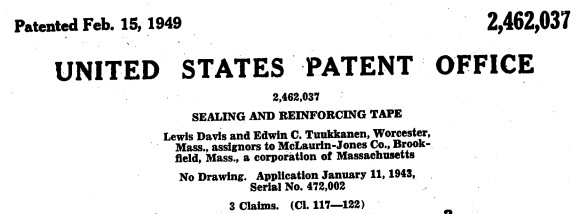
"The Federal Circuit unexpectedly deviated from long-standing patent claim construction principles in Eye Therapies v. Slayback, narrowing the interpretation of "consisting essentially of" based on prosecution statements."
"This case raises significant concerns as it contrasts sharply with the established precedent set forth in Ecolab and could undermine the foundational rules of claim transition interpretation."
"The court's decision suggests a potential shift in how claim transitions are interpreted, which may have far-reaching implications for patent law and its established doctrines."
"By allowing prosecution statements to influence the construction of claim language, the Federal Circuit risks muddying the waters of patent claim interpretation, altering expectations for future patents."
In Eye Therapies v. Slayback, the Federal Circuit's decision to redefine the transitional phrase "consisting essentially of" marks a significant departure from accepted patent claim construction practices. The court narrowed the claim's scope based on statements made during the prosecution process, contrasting with established precedent such as the Ecolab case. This ruling raises concerns about the potential for ambiguity in future patent claims and underscores the importance of maintaining consistency in how claim transitions are interpreted within patent law.
Read at Patently-O
Unable to calculate read time
Collection
[
|
...
]